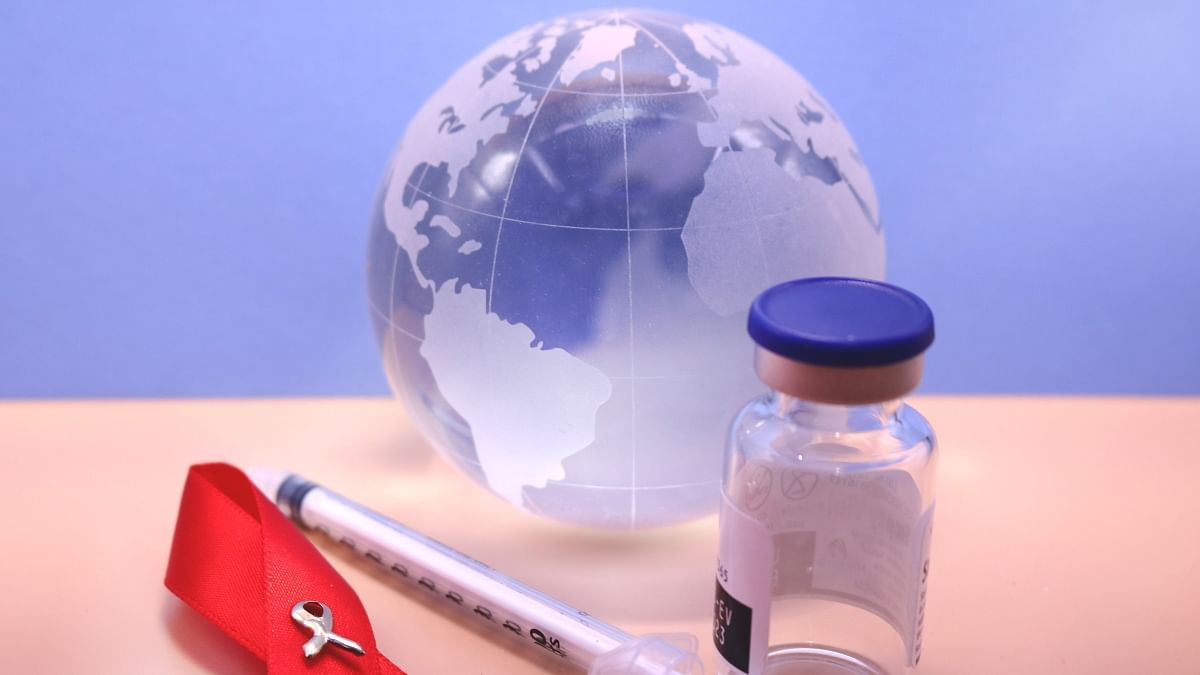Time: 2024-07-14
The Human Immunodeficiency Virus ( HIV ) remains a significant global health challenge , with 39 million cases worldwide and over 1 million new infections each year . Despite the rise of HIV to epidemic and pandemic levels since the 1980s , the first case dates back to 1959 . HIV is a retrovirus that targets the immune system , making those infected vulnerable to opportunistic infections and cancers . The World Health Organization ( WHO ) aims to reduce new infections to zero by 2030 through effective management and prevention strategies.

HIV has been a battleground between science and pseudoscience , with denial of its existence , conspiracy theories , and alternative treatments . Over the years , science has emerged victorious , developing effective treatments that have transformed HIV into a manageable chronic illness . Gilead Sciences , a pharmaceutical company , recently conducted a groundbreaking Clinical trial evaluating lenacapavir , a preventive treatment that demonstrated 100 % efficacy in preventing HIV infections in women in South Africa and Uganda.
The trial compared lenacapavir to existing PrEP treatments , including Truvada and Descovy , which are about 99 % effective in preventing HIV infections when used correctly . Lenacapavir , administered as a biannual injection , showed remarkable effectiveness , with none of the women receiving it contracting HIV during the trial period . This breakthrough offers hope for achieving the WHO 's goal of zero new HIV infections by 2030.
Physician - scientist Linda - Gail Bekker , a principal investigator in South Africa , highlighted the trial 's importance in providing total protection against HIV infection for young women . Lenacapavir , a fusion capside inhibitor , interferes with the HIV capsid , offering a new approach to PrEP . The Purpose 1 trial involved 5,000 participants across Uganda and South Africa , testing lenacapavir against other oral PrEP drugs in a groundbreaking study that showed the injectable form 's superior efficacy.
The trial results , with a 100 % prevention rate among women receiving lenacapavir , have significant implications for HIV prevention efforts globally . The success of this biannual injection offers a new , highly effective prevention tool that could help reduce new HIV infections , particularly among high - risk populations like young women in Africa.
While PrEP is a critical prevention tool , it should be complemented by other strategies like HIV self - testing , condom access , and treatment for sexually transmitted infections . The success of lenacapavir underscores the need for innovative approaches to HIV prevention to achieve the goal of ending AIDS by 2030.
Following the success of the Purpose 1 trial , researchers plan to continue the study in an open - label phase , offering participants the choice of PrEP . The sister trial , Purpose 2 , will explore the drug 's effectiveness among different populations to optimize its use in real - world settings . Gilead Sciences intends to submit the trial data to regulators and the WHO for review , paving the way for potential adoption into national guidelines.
Affordability and accessibility are crucial factors in ensuring widespread access to lenacapavir , with Gilead Sciences committed to offering licenses to generic drug manufacturers to lower costs . Governments play a vital role in purchasing and distributing the drug to those in need , ultimately contributing to the global effort to eliminate new HIV infections and improve public health outcomes.